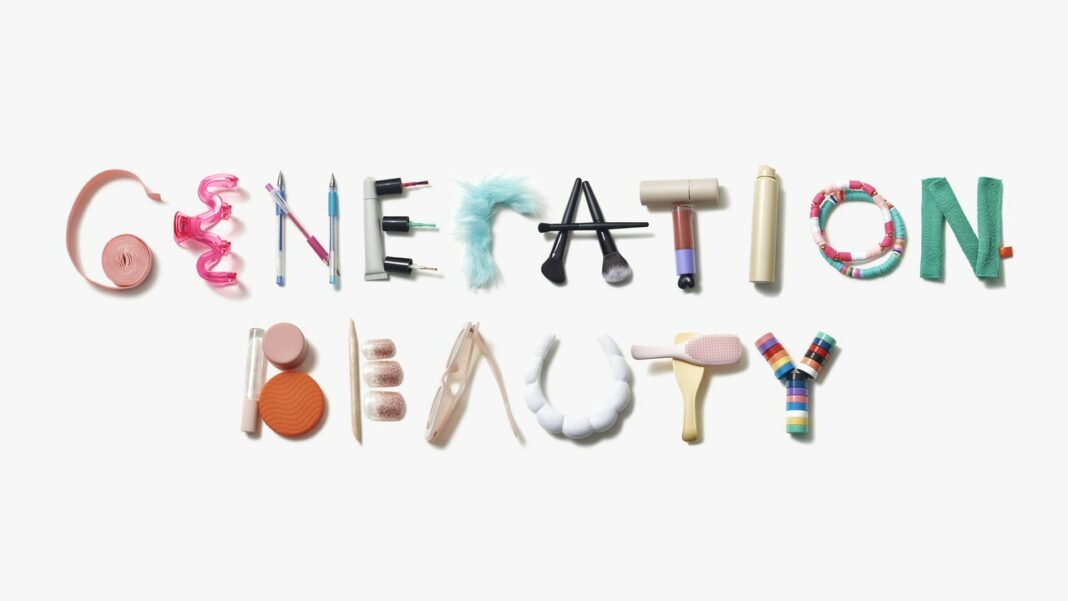Tweens are not moved by celebrity beauty brands. Hailey Bieber’s name came up, but as a source of makeup inspiration (“she has a very clean and natural look,” says Olivia), not as the founder of Rhode. Tweens do, by all accounts, love Rare Beauty and its founder, Selena Gomez, but don’t seem to connect one to the other. They are also, seemingly, unmoved by influencer-founded brands. I tell Nicky that Refy (the maker of his favorite lip product, ever since his Summer Fridays balm was confiscated) was founded by big-time content creator Jess Hunt. “Really?” he says. “I didn’t know that.” He is, however, very tuned into what influencers are using on themselves.
Nicky and Olivia both follow 18-year-old influencer Katie Fang. “I think her videos are honest and relatable,” says Olivia. Fang gets that a lot. “I’ve found that my audience enjoys listening to the bits and pieces I share [about] how I navigate life as a teenager,” Fang writes to me.
Did she, too, get into beauty as a tween? “I actually never had that much interest in it,” she replies. Fang says she started wearing a tiny bit of makeup in high school but didn’t get into skin care until last year. “Just a few years ago when I was a preteen, it was all about colorful clothing, Barbie dolls, and silly arts and crafts,” she says. “I think it’s crazy to see the shift in interest for preteens today—and I do think that social media has played a significant role.”
Through platforms like TikTok, preteens also pick up on things like if a brand is said to test on animals (“I think that’s very cruel,” says Nicky) and if a formula is “clean.” “I feel like if you use a lot of unclean beauty, that’s not great for you,” Nicky says, “but if you use, say, one or two things, that’s fine.” In fact, several of the tweens I spoke to said they preferred “clean” brands (“I think it’s overrated when products use too many chemicals,” says London). They didn’t exactly know how to define what makes a product or ingredient “clean” versus “unclean,” though. (To be fair, neither does the beauty industry at large—the term “clean” remains totally unregulated.)
One thing most tweens do know—despite what TikTok might have you believe—is that retinol is not for them. Products that advertise themselves as being wrinkle-smoothing, dark spot-reducing, or the big kahuna, anti-aging (a word Allure stopped using back in 2017, but brands continue to slap on labels) are of no interest to the preteens we followed this year. Many recent headlines have lamented the disturbing 2024 reality of young children trying to stop the clock with their beauty purchases. Dove even launched a marketing campaign, #TheFaceof10, to “protect girls’ self-esteem from antiaging skin-care pressures,” according to a press release. But these pressures did not bear out in our research.
In fact, the only time the kids I spoke with talked about a problem-and-solution approach was in the treatment of acne. When Olivia started to notice she was getting a few breakouts here and there, social media led her to The Ordinary Salicylic Acid 2% Anhydrous Solution ($7.50), which she mixes into her moisturizer in the evening. After using it for a few weeks, “I noticed that my skin got clearer,” she says.
